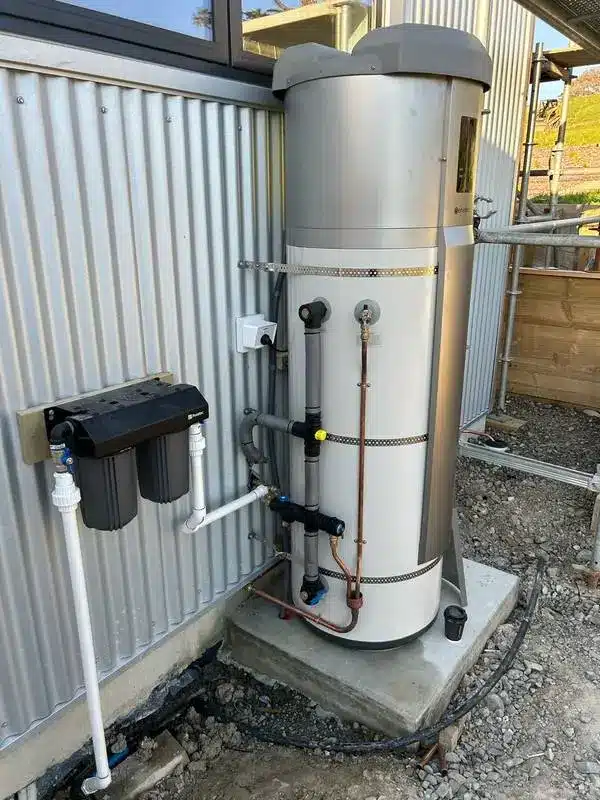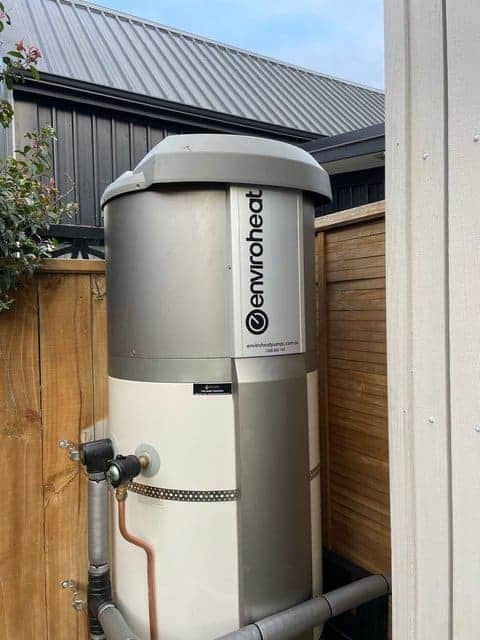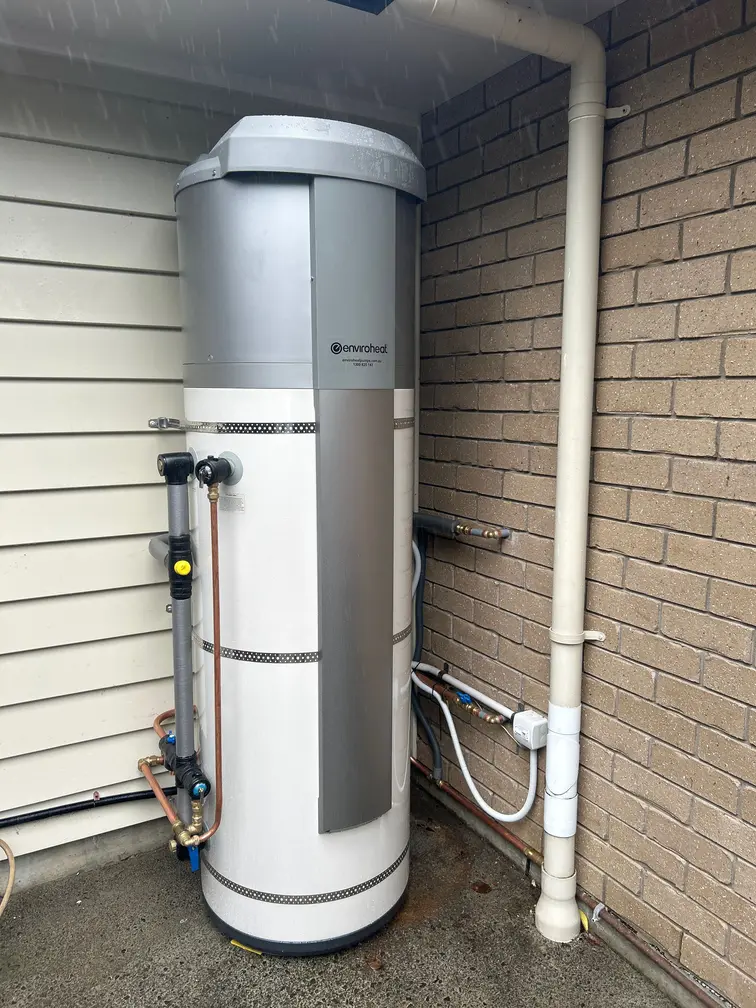Tired of costly monthly power bills just to run your outdated, energy-guzzling hot water tank? There’s a better way – installing an efficient hot water heat pump system. Heat pump water heaters use advanced technology to extract free ambient heat for water heating purposes. Switching from old tanks to these systems slashes your home’s energy use and carbon footprint. Read on to learn how heat pump appliances majorly cut expenses so you can start saving today.
Understanding Heat Pump Operation
Heat pump water heaters work just like refrigerator or HVAC heat pumps. An integral compressor and fan circulate refrigerant fluid that carries heat energy absorbed from surrounding air. The collected ambient warmth gets transferred to water stored in the connected tank to be heated for residential use. Specializes thermostats and sensors optimize heating capabilities for maximum energy savings.
Lower Energy Requirements
Unlike electric resistance tank models, heat pumps don’t rely solely on heating elements to warm water. Instead, they leverage ultra-efficient refrigerant compression technology to harvest latent renewable heat all around us. External air exchange coils collect ample free ambient warmth. This enables major cuts in electrical power needs versus other types that must generate all heating through element electricity consumption alone.
Decreased Power Demand
Standard electric hot water tanks rank among homes’ largest power draws, sometimes using up to 30-40% of monthly usage. Their big appetites for kilowatt-hours rack up big residential bills over time. Installing a heat pump appliance drastically lowers operational power demand because the system relies predominantly on extracting free environmental heat. Lower electricity needs directly translate into lower monthly bills.
Bigger Savings Over Time
The savings start immediately but expand more significantly over years of use. Initial cost recuperation begins through lower operational expenses and potential rebates. Long term savings accumulate through years of sustained low power bills. Efficiency even improves over decades as technological improvements drive down costs. Heat pump water heating makes an excellent investment guaranteeing growing future savings.
Minimal Maintenance Requirements
Unlike finicky solar water heating systems, heat pump water heaters require very little periodic maintenance for continued peak operation. Just clean or replace air filters once or twice annually to maintain proper airflow. Also periodically wipe down exterior coil fins with soap and water to prevent dust/debris buildup which could impede heat transfer efficiency. Avoid placing appliances directly against walls or blocking vents.
DIY Installation Possibilities
Handy homeowners may tackle do-it-yourself heat pump water heater installation potentially. New construction allows running dedicated electric circuits, ducting, and condensation drains most easily. Retrofits into older homes can prove more challenging but still feasible. Always get professional assistance if you lack advanced electrical/plumbing expertise. Mistakes jeopardize safety plus appliance warranty protections. But DIY capable folks save substantially on labor.
Sizing for Efficiency
Proper system sizing plays a pivotal role maximizing savings. Oversized units cycle on and off more, using extra electricity. Plus, cold water influxes may activate secondary heating elements too often. Undersized systems can’t meet hot water demand, reverting to electricity frequently. Consult with retailers or technicians to pick the ideal gallon capacity, compressor strength, and features to suit your household’s hot water requirements.
Lower Emissions Footprint
Using less power inherently means lowering your environmental impact. Heat pump water heaters generate zero direct emissions because they don’t burn fossil fuels on-site. Any associated pollution stems remotely from the electric grid’s generation mix. And even then, total emissions plummet 60-80% thanks to minimal electrical power demand and leveraging clean ambient heat. Go green making hot water too!
Final words
Rising energy prices hurt – but heat pump water heating technology cushions the blow by slashing power bills 50% or more. Use free renewable ambient heat instead of only electricity for hot water needs. Lower energy demand and bigger long-term savings make heat pump water heater investments well worth the initial upgrade price. Plus, tax credits and rebates sweeten the money-earning deal while you reduce environmental impacts. Start saving huge on monthly bills with efficient heat pump hot water heating.


